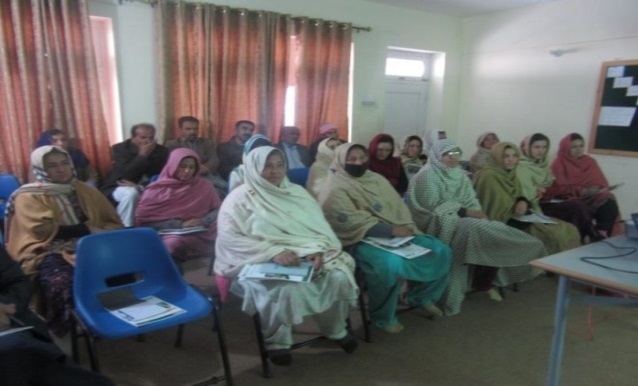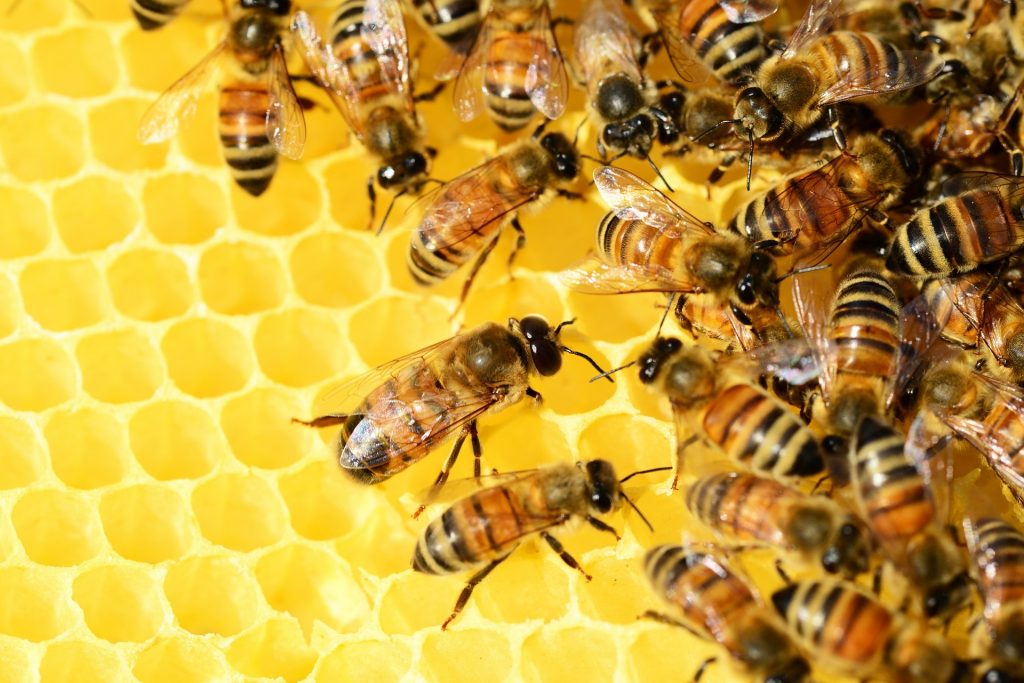Empowering more women in the fight against fruit flies in Pakistan
More women in the Gilgit Baltistan (GB) region of Pakistan are benefiting from a Phytosanitary Risk Management Programme (PRMP) aimed at using a range of biological controls to fight the fruit fly pest which can impact heavily on rice and horticultural crops. PRMP, which is funded by USAID via United States Department of Agriculture (USDA), was initiated in…
Fertilizer Optimization Tool pays dividends for farmers in Uganda
By Dr Monica Kansiime, Scientist Seed Systems, based at CABI in Nairobi, Kenya A decision support tool that allows an extension agent to take into account a number of the farmers’ circumstances and investment goals to maximize the benefits of fertilizer use on their farms is starting to pay dividends in Molo Sub-County in Uganda – with…
Safer food through Aflatoxin control in Pakistan
Aflatoxins are a group of toxins produced by certain fungi found in crops such as maize, peanuts, cottonseed and tree nuts. The fungi responsible, Aspergillus flavus, can contaminate crops before and after harvest as well as contaminate animal products if infected feeds are given to livestock. Consumption of these toxins in high concentrations can contribute…
CABI on cotton (part 2): The famous farmer and The compost king
In part one of ‘CABI on cotton’ we heard about 100 Pakistan cotton farmers, as part of CABI’s Better Cotton Initiative (BCI), attending a seminar on integrated pest management. In part two, we hear a couple of success stories from farmers on how taking part in BCI is helping them produce better cotton.
CABI on cotton (part 1): Farmer seminar on pest management
Cotton. How many of us come into daily contact (literally) with this wondrous natural fiber? Used in a huge array of materials, from the obvious clothing and cotton wool buds, to the less obvious products like cottonseed oils used to make soap, margarine, emulsifiers, cosmetics, pharmaceuticals, rubber and plastics, the cotton plant is woven into…
Africa Soil Health Consortium builds NARO’s capacity in communication material development
Authored by: Abigael Mchana, Communication Officer, CABI Kenya Developing fit-for-purpose, interactive and effective communication materials for farmers and their intermediaries is not an easy task. You cannot create a poster with generic text or images and then distribute it to your audience en-masse. It requires an in-depth analysis of your primary stakeholder, an understanding of…
Navigating ABS measures is ‘work in progress’
In this guest blog special, Dan Leskien, Senior Liaison Officer at the Food and Agriculture Organization of the United Nations (FAO), considers how much work still needs to be done to implement Access and Benefit Sharing (ABS) measures in respect of genetic resources… I wish to commend CABI for its initiative to prepare and implement…
One health – human, animal, environmental and plant health
Ahead of One Health Day tomorrow (3rd November 2018), Robert Taylor, CABI’s Editorial Director, explores the relationships between human, animal, environmental and plant health… The ‘One health’ initiative launched in 2007 was designed primarily to break down the barriers between human and veterinary medicine, particularly for dealing with zoonotic diseases. The link between BSE and…
Trick or treat? The spooky species list
Sometimes truth is stranger than fiction. It may seem like some of the species in this article are the making of horror films and scary stories but they’re all too real. Besides giving us the creeps, these spooky specimens offer up some surprising ‘tricks’ and ‘treats’ for humans and the environment.





